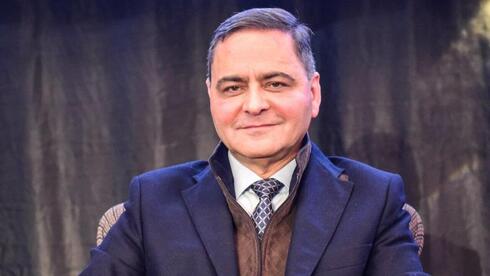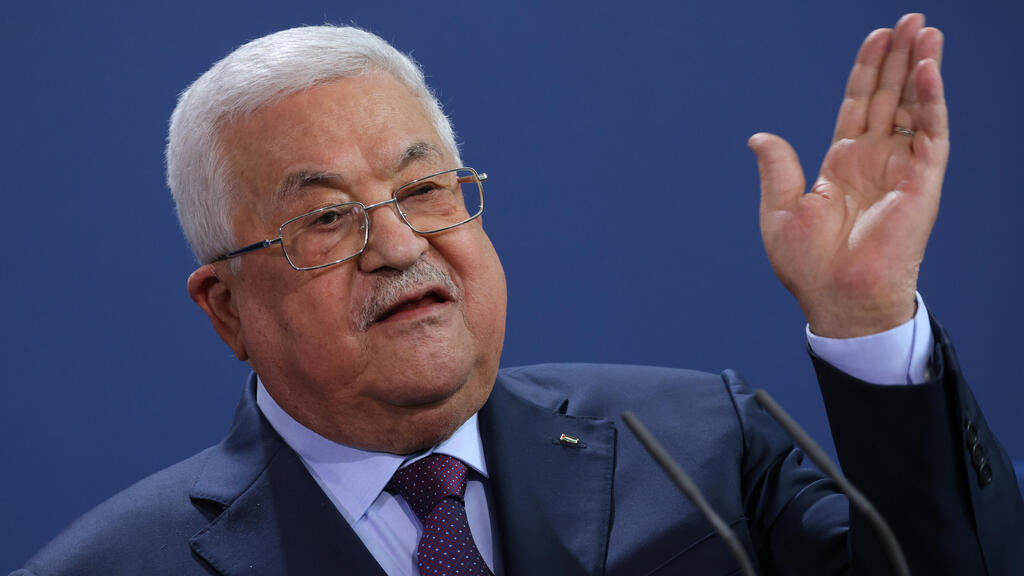However, he cautioned that it is premature to label him as Gaza’s governor, as discussions have primarily involved U.S. and Arab state officials. “The Palestinian leadership holds the legitimacy and authority,” Hulileh told Ynet, emphasizing the need for the PA’s approval.
Hulileh, who has held roles such as secretary-general of the Palestinian government, deputy minister of economy and trade and board member of the Palestine Trade Center, is seen as a prominent political figure with a strong business background.
He is viewed as someone likely to cooperate with the U.S. and the Arab League to manage Gaza under their oversight. Despite the proposal, Hulileh stressed that no final decision has been made. “The proposal is ready and on the table, but I haven’t made a final decision,” he said, noting ongoing efforts to find a formula acceptable to all parties.
The insistence on including the PA, coupled with the acknowledgment that terror groups are part of the broader picture, underscores the complexity of the talks.
Hulileh did not specify the sticking points in the negotiations or why the PA was not directly involved, only noting “significant disagreements” regarding its role and the process for reaching consensus.
In an earlier conversation with Ynet before the plan’s public reveal, Hulileh appeared reserved. He revealed that the initiative stemmed from Ari Ben-Menashe, a Canada-based lobbyist who has been advancing the proposal with U.S. officials and engaging with representatives from Qatar, Saudi Arabia and Egypt.
The lack of direct PA involvement has raised questions about the plan’s viability, as Hulileh reiterated that its approval is essential for any governance arrangement to proceed.
“As long as there’s no ceasefire, there’s no resolution on this matter.” The absence of a clear end to the conflict makes discussions about Gaza’s post-war governance premature, complicating efforts to finalize any leadership structure.
Concluding, Hulileh urged caution against expecting quick fixes and called for understanding from all involved parties. He directed a pointed appeal to the government: “Do not separate Gaza from the Palestinian people—Gaza is an inseparable part of the broader Palestinian issue.”
His remarks reflect the delicate balance of navigating international, regional and local dynamics while addressing Gaza’s future governance amid an unresolved war.





